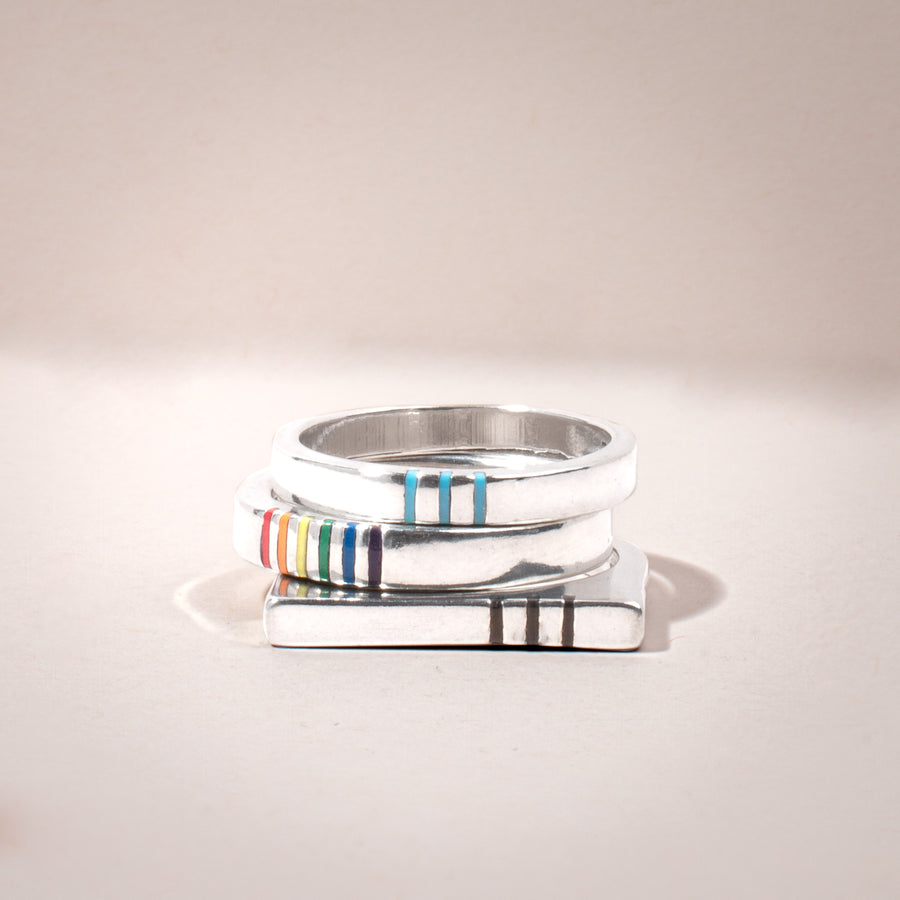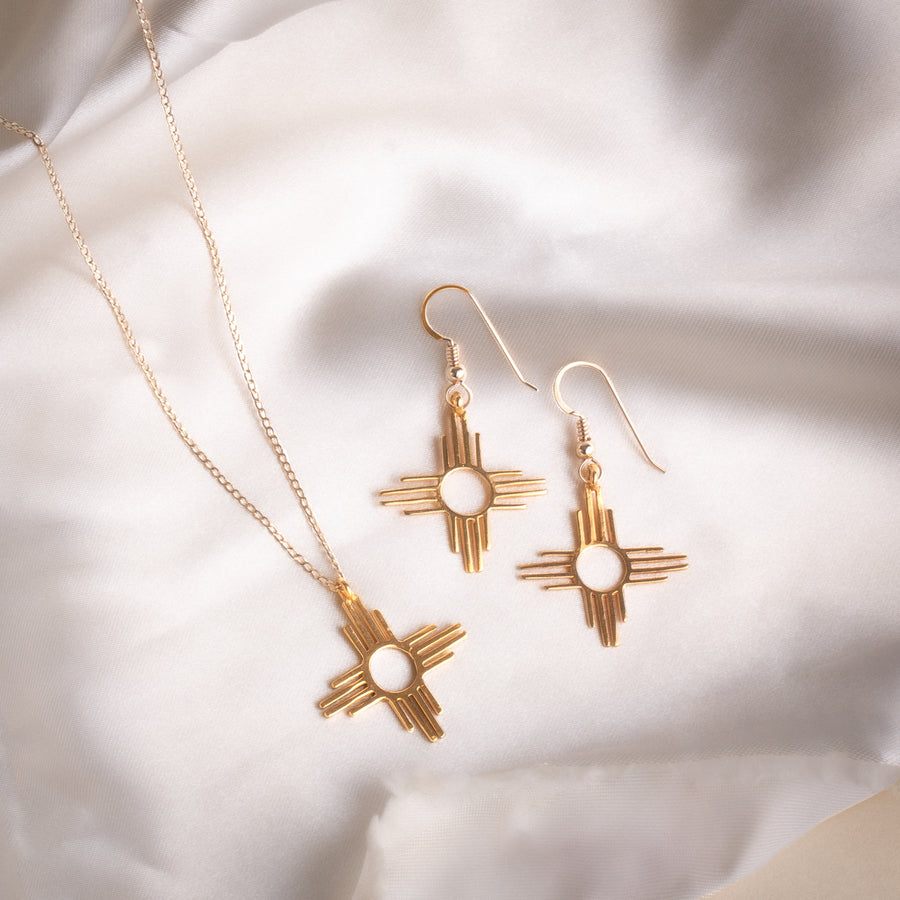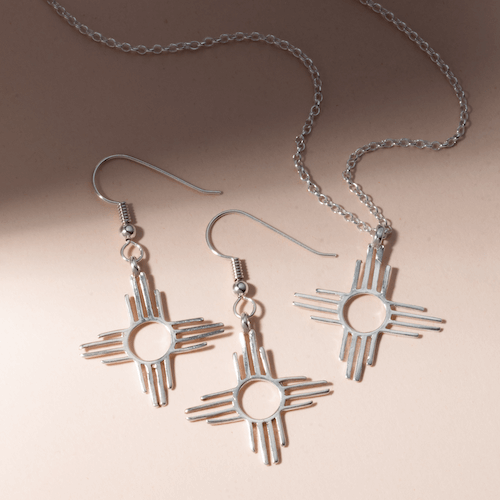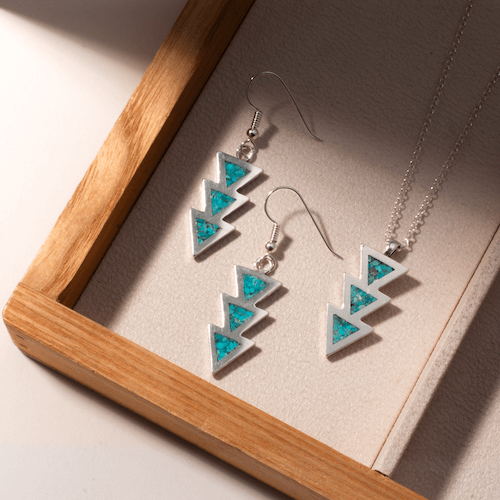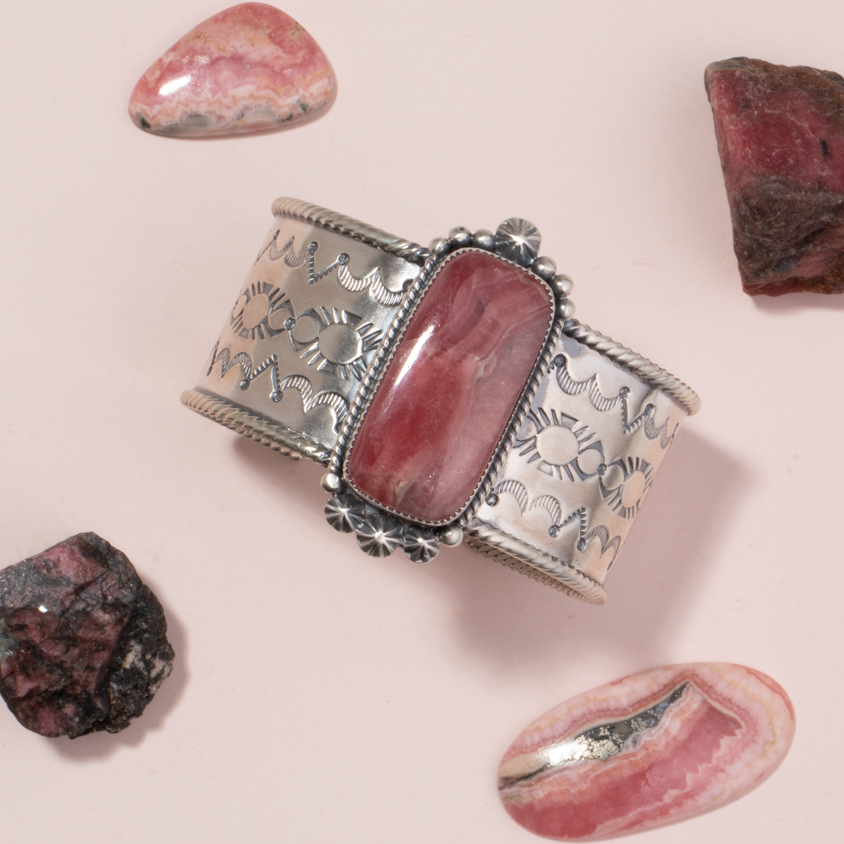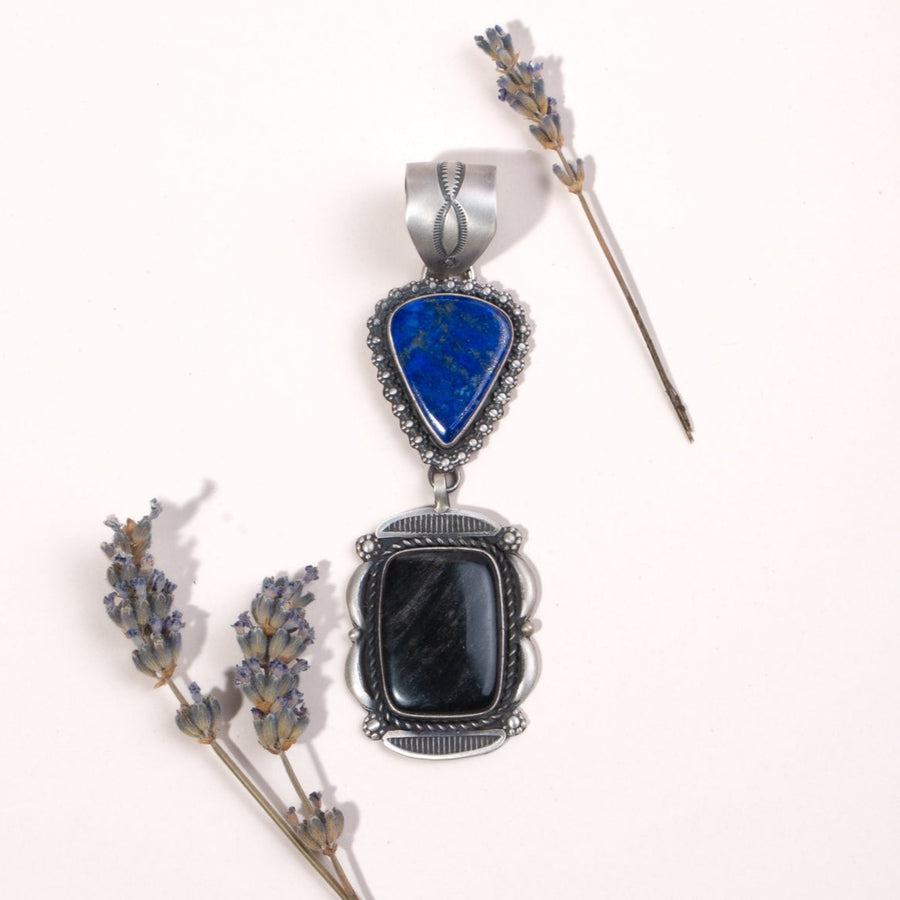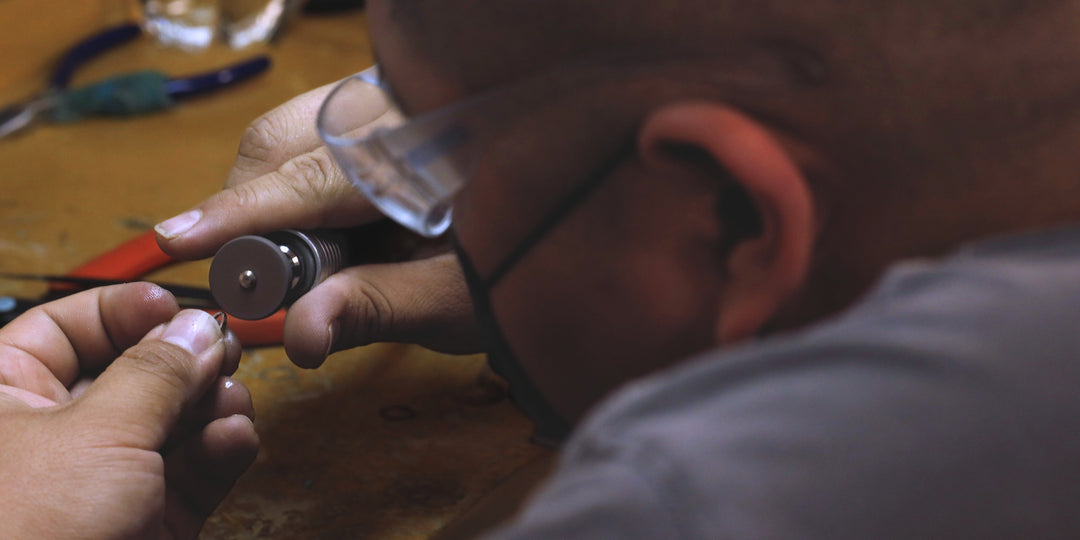Native Frauds: Caught in the Act, Sellers Remove Made in Philippines Tag!
In November of 2015, a Federal investigation busted jewelry stores across the Southwest for selling fraudulent Native pieces. This landmark case was the first major enforcing of the Indian Arts and Crafts Act of 1990. This Federal law prohibits the sale of any non-Native American made art as if it was authentic. Now, we are able to see exactly how the frauds were exposed.
As noted in the previous article in this series, a jewelry wholesaler named Sterling Islands was responsible for importing Filipino-made jewelry worth millions of dollars. Then they jewelry was distributed to high-end shops throughout the Southwest, where the “Made in Phillipines” tags were removed. These fake pieces were sold as authentic, handmade Navajo and Zuni jewelry; nothing could be further from the truth. Because the retail stores removed the tags and lied about the origin, the owners and managers are in violation of the law.

But the Federal investigators knew they could prove their case by starting further up the supply chain. Working closely with US Customs officials, the investigators tracked and intercepted the jewelry shipments from the Phillipines. They marked many of the pieces with ultraviolet dye; invisible to the naked eye, but it glows brightly under a blacklight. In their indictment, the Federal agents show pictures of the marked jewelry during Customs inspection, then again displayed for sale at Galleria Azul in Albuquerque Old Town.

This evidence will go a long way towards punishing the people responsible for defrauding Native jewelry buyers, and taking money from the pockets of legitimate Native artists. Always make sure that the Native art you buy is authentic, like the pieces available at Turquoise Skies! For a list of shops to avoid pease read our previous blog.
